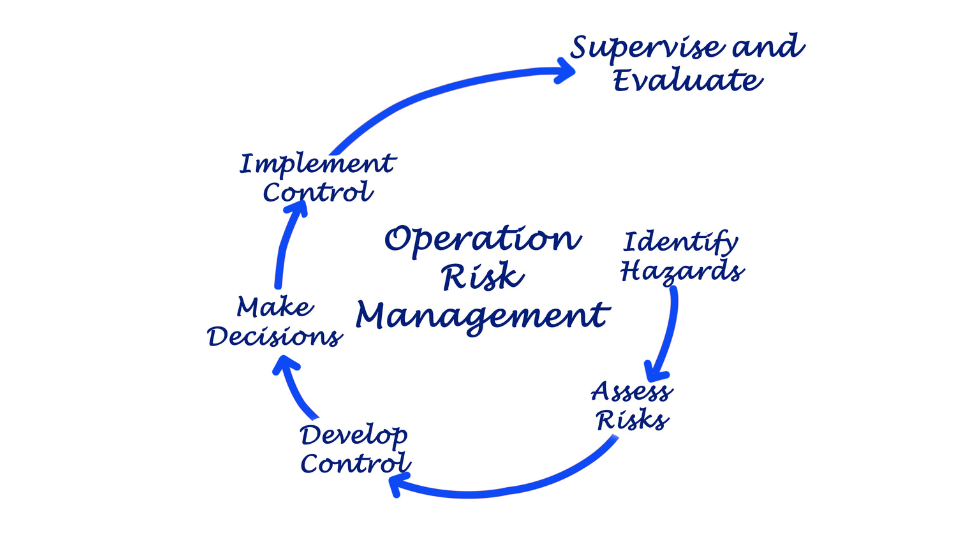Operational risk in capital markets refers to the potential for losses resulting from inadequate or failed internal processes, systems, human errors, or external events. It encompasses a wide range of risks, such as fraud, errors in trade processing, cyber-attacks, systems failures, legal and regulatory compliance failures, and inadequate supervision of employees. Operational risks can lead to significant financial losses and reputational damage to financial institutions.
To manage operational risk, financial institutions employ a range of strategies, such as:
- Implementing robust internal controls and risk management processes, including policies and procedures for identifying, assessing, mitigating, and monitoring operational risks.
- Developing and implementing training programs to educate employees about operational risks and how to manage them.
- Investing in technology and infrastructure to improve operational efficiency and reduce the risk of system failures or cyber-attacks.
- Conducting regular risk assessments and testing of internal controls to identify vulnerabilities and areas for improvement.
- Maintaining adequate insurance coverage to mitigate potential losses resulting from operational risks.
- It is important for financial institutions to continuously monitor and assess their operational risks, as these risks can change over time and new risks can emerge with advancements in technology or changes in the regulatory environment.

Several strategies can be used to manage operational risk in the capital market:
- Implement strong internal controls: This involves having processes and procedures in place to identify, assess, and manage operational risks. These controls should be regularly reviewed and updated as necessary.
- Conduct regular risk assessments: Conducting regular risk assessments can help identify potential operational risks before they occur. This can include assessing risks associated with specific processes, procedures, or systems.
- Provide training and education: Providing training and education to employees can help reduce the likelihood of operational risk events occurring. This can include training on specific procedures or processes, as well as broader training on risk management.
- Use technology to automate processes: Using technology to automate processes can help reduce the risk of operational errors. This can include automating processes such as trade processing, settlement, and reconciliation.
- Maintain adequate staffing levels: Ensuring that there are adequate staffing levels can help reduce the risk of operational errors due to overwork or understaffing.
- Develop business continuity plans: Developing business continuity plans can help minimize the impact of operational risk events. These plans should outline how the organization will respond to and recover from operational disruptions.
- Monitor and report on operational risk events: Regularly monitoring and reporting on operational risk events can help identify patterns and areas for improvement. This can include tracking the frequency and severity of operational incidents, as well as identifying the root causes of these incidents.



[…] Operational risk […]